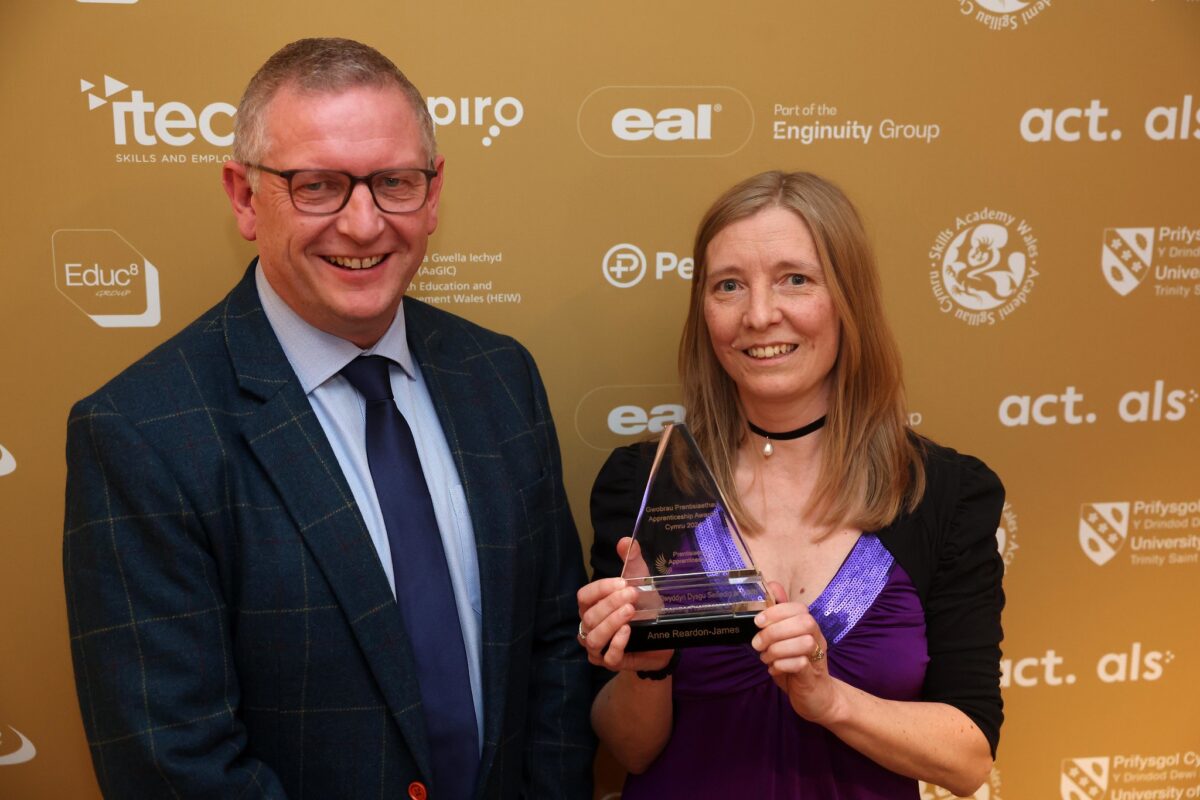Engineering profession calls for action to secure the UK’s future economy and society

National Engineering Policy Centre manifesto asks include:
-
Delivering on the UK’s ambitious climate change goals;
-
Ensuring that further education college funding reflects the higher cost of providing engineering programmes;
-
Mandating public bodies to publish forecast costs and benefits of their major infrastructure projects at each stage and at completion
The National Engineering Policy Centre, which represents nearly half a million UK engineers, has published a manifesto for a prosperous and secure economy and society, calling on government to work with them to invest in skills, innovation, digital and traditional infrastructure, and clean energy technologies.
Backed by the UK’s leading engineering organisations, Engineering priorities for our future economy and society highlights critical policy recommendations to enhance the UK’s status as a world-leading innovation and engineering hub, ahead of the forthcoming spending review, the UK’s exit from the EU and a possible general election.
This is the first joint publication by the National Engineering Policy Centre, an ambitious new partnership between 39 UK engineering organisations, led by the Royal Academy of Engineering. The National Engineering Policy Centre was established to give policymakers access to the best independent advice, skills and expertise of the engineering profession, which generates £420.5 billion of UK GVA and employs over 5.8 million people. It aims to apply engineers’ problem solving skills to some of the biggest problems the UK faces today.
This engineering manifesto includes 20 actions across five key policy areas:
- Skills: Implement the recommendations of the Perkins Review, which sets out actions to ensure an adequate supply of engineering talent for our nation, to secure the engineering skills needed for the future.
- Innovation: Increase Innovate UK’s budget to boost support for business innovation and the ‘D’ of R&D to increase productivity.
- Digital: Deliver fast and resilient digital infrastructure, a thriving business environment, excellent digital skills and a diverse pipeline of workers to create a world-leading digital economy.
- Infrastructure: Deliver on the recommendations of the National Infrastructure Assessment or set out alternative plans to meet the UK’s long-term infrastructure needs.
- Energy and climate change: Deliver on the UK’s ambitious climate change goals by investing in demonstration and deployment of new low-carbon heat, charging of electric vehicles and carbon capture and storage technologies.
Professor Dame Ann Dowling OM DBE FREng FRS, President of the Royal Academy of Engineering, said:
“From skills and infrastructure to energy and climate change, engineering expertise is critical to the challenges the UK faces, and the engineering profession stands ready to help policymakers navigate these. The issues we have identified here require long-term planning and action, irrespective of how the UK’s relationship with the European Union changes over the next few months.
“Through the National Engineering Policy Centre, policymakers have access to the skills, insights and ingenuity of the engineering profession. The actions we propose today will enable the UK to make investment decisions that will create jobs and prosperity and drive sustainability, helping to build an economy and society ready to face the future. We look forward to working with policymakers from across the political spectrum to achieve these aims.”
Notes to editors
- National Engineering Policy Centre
The National Engineering Policy Centre is an ambitious partnership, led by the Royal Academy of Engineering, between UK engineering organisations representing 450,000 engineers.
The Centre connects policymakers with critical engineering expertise to inform and respond to policy issues of national importance, giving policymakers a route to the best independent advice available from across the whole profession, and the profession a unified voice on shared challenges. Our ambition is that the Centre will be a trusted partner for policymakers, enabling them to access excellent engineering expertise, for social and economic benefit.
Find out more about more about the Centre partners here:
BCS, The Chartered Institute for IT
British Institute of Non-Destructive Testing (BINDT)
Chartered Institution of Building Services Engineers (CIBSE)
Chartered Institution of Highways & Transportation (CIHT)
Chartered Institute of Plumbing and Heating Engineering (CIPHE)
Chartered Institution of Water and Environmental Management (CIWEM)
Institution of Agricultural Engineers (IAgrE)
Institution of Civil Engineers (ICE)
Institute of Cast Metals Engineers (ICME)
Institution of Chemical Engineers (IChemE)
Institution of Engineering Designers (IED)
Institution of Engineering and Technology (IET)
Institution of Fire Engineers (IFE)
Institution of Gas Engineers and Managers (IGEM)
Institute of Highway Engineers (IHE)
Institute of Healthcare Engineering and Estate Management (IHEEM)
Institution of Lighting Professionals (ILP)
Institute of Marine Engineering, Science & Technology (IMarEST)
Institution of Mechanical Engineers (IMechE)
Institute of Measurement and Control (InstMC)
Institution of Royal Engineers (InstRE)
Institute of Materials, Minerals and Mining (IOM3)
Institute of Physics and Engineering in Medicine (IPEM)
Institution of Railway Signal Engineers (IRSE)
Institution of Structural Engineers (IStructE)
Permanent Way Institution (PWI)
Royal Aeronautical Society (RAeS)
Royal Institution of Naval Architects (RINA)
Society of Environmental Engineers (SEE)
The Society of Operations Engineers (SOE)
- Royal Academy of Engineering
As the UK’s national academy for engineering and technology, we bring together the most successful and talented engineers from academia and business – our Fellows – to advance and promote excellence in engineering for the benefit of society.
We harness their experience and expertise to provide independent advice to government, to deliver programmes that help exceptional engineering researchers and innovators realise their potential, to engage the public with engineering and to provide leadership for the profession.
We have three strategic priorities:
- Make the UK the leading nation for engineering innovation and businesses
- Address the engineering skills and diversity challenge
- Position engineering at the heart of society
We bring together engineers, policy makers, entrepreneurs, business leaders, academics, educators and the public in pursuit of these goals.
Engineering is a global profession, so we work with partners across the world to advance engineering’s contribution to society on an international, as well as a national scale.
For more information please contact: Victoria Runcie at the Royal Academy of Engineering Tel. 020 7766 0620; email: [email protected]












Responses